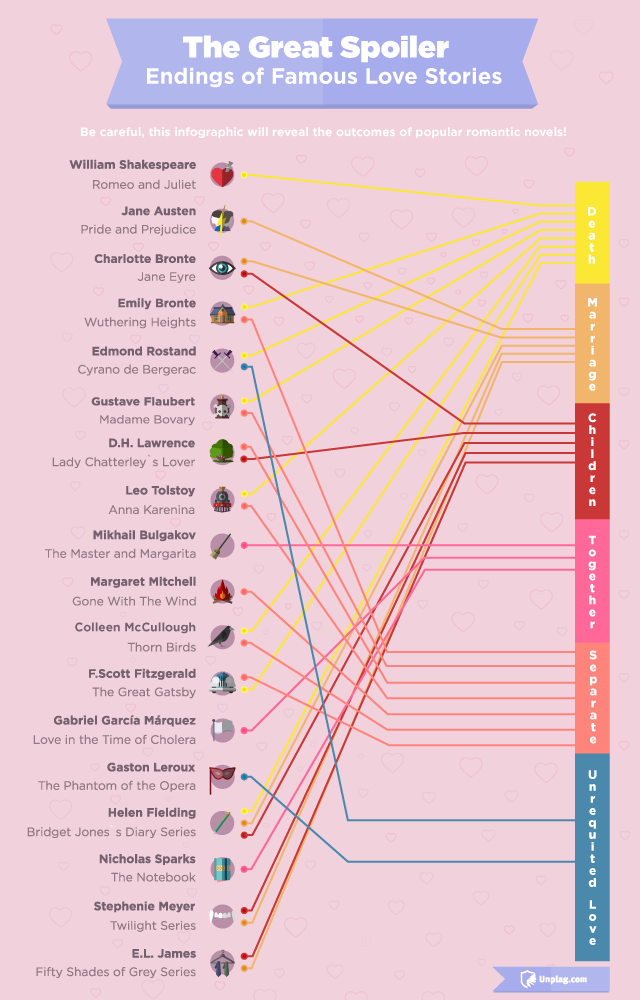I’ve been dabbling in a new hobby—rock climbing. It’s not the type of activity that I would
come up with on my own and is definitely out of my comfort zone. But, my husband and two adult sons were
climbing, so I finally decided to give it a try. It’s been six months and I
really enjoy climbing. Most of my
climbing has been in a climbing gym, though I did venture out on the rocks of Sedona.
Usually we will start by bouldering— free climbing on a low
wall without ropes. For those who have
never been an inside climbing gym, paths are created by colored boulders and
you can only put your hands and feet on the color you are attempting to scale. It took me a while to get comfortable
bouldering. Going up was fine but I was
scared trying to get down. I find the
higher walls where you have a harness and ropes much less stressful.
About a month ago, we went to the gym and I started to
boulder. Half- way up, I came down. It just I thought to myself, I don’t think I should
climb today. My husband suggested I try
an easier route. I took his suggestion
made it to the top and down, but something still felt off.
 |
| Falling Off Wall |
One more try…then if I still didn’t feel right, I would
stop.
I stood up, the inside of my head and my neck hurt from whipping my head
I discovered that the lessons I learned about climbing apply to writing.
1. Stay on the Path – Like following a colored coded trail when bouldering in a gym, you need to create your writing path and write. Identify a dedicated time for writing in your week. Your writing time is not for emails, surfing the web, or social media. Just write!2. Find people to encourage you and guide you – Climbers watch each other scale the wall and provide suggestions on how to master a trail. An effective critique group can help you find a new direction for your story or polish your manuscript. Critique partners are there to urge you on, when you’ve hit the writing wall, or cannot muster the physical intelligence to complete a climbing route.3. Listen to your internal voice – The day I fell off the wall, I should have listened to my internal voice and called it quits for the day. Sometimes when working with agents and editors, you can get conflicting advice or be asked to do a rewrite that just doesn’t seem right. A friend of mine’s agent recently had her rework her manuscript before she sent it out to publishers. She didn’t agree with the changes, but made the changes. After it was shopped around to a few publishing houses, the feedback she received was to go back to her original approach. Sometimes too many voices get in a writer’s head. It’s a delicate balance to know when to follow your intuition and when to listen to the critiques you are receiving.4. The only way past your fear is through your fear. To be honest, I’m afraid of heights. I just had to climb to get past my fear. As a writer, what frightens you? Are you afraid of rejection? The only way to get past the fear of rejection is to submit yourwriting for publication. When you receive a rejection, instead of being demoralized, celebrate the fact that you are one step closer to finding the right publishing house.
5. When you reach…make sure you footing is solid. – When I fell off the wall, I reached without being in a stable position. New writers often are so excited about getting published that they submit their work before it is polished. If you don’t know the basics of writing and the publishing industry, you are not ready to submit for publication. WOW! Women on Writing is a great resource to develop a strong foundation for your writing.
6. After a big fall, get back-up and try again. – Did you recently receive a rejection letter? Have you been unsuccessful in obtaining an agent? Just keep writing, revising and when you are ready, submit your manuscript. Keep doing it, and it will become a path you have climbed before!
7. You need instruction and training – Whether you are writing or climbing, studying with experts will enable you to move your work along. I had to take a ropes class before I could belay someone else who was climbing under my guidance. You will need to learn beats and rhythm before you can write a rhyming picture book.
8. Take a break – At the climbing gym, when I need a break, I go to something else. There’s yoga, weights, juice bar, internet, big comfy chairs, or even a ping pong table. There are times during your journey as a writer when it’s a struggle to make a story work. My critique partner was struggling with a piece and she said it was making her brain hurt. She needed to put the story away and do something else. Sometimes working on another piece is enough, but sometimes you just need to get out of your writing chair and move.
9. Practice…Practice…Practice – It’s been more than a month since I’ve been to the climbing gym and I know I won’t be able to climb routes that I’ve already mastered. The more you keep climbing or writing, the stronger your writing or climbing muscles become.
10. Enjoy the journey — It’s not about reaching the top, it’s about the climb. Being a writer is a journey. Have fun and enjoy the process. You will feel great the next day, even if a little sore!
Mary
Jo Guglielmo is a writer, educator, and life coach. For
more information check out DoNorth.biz












